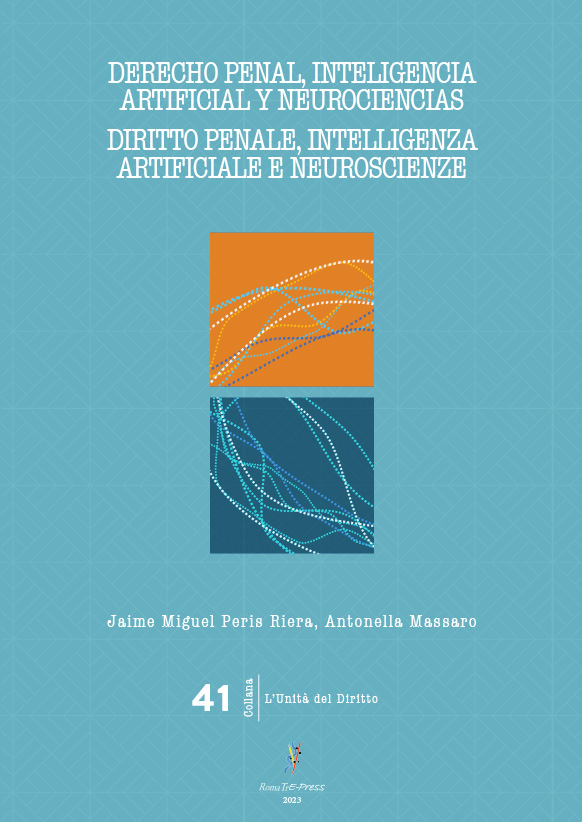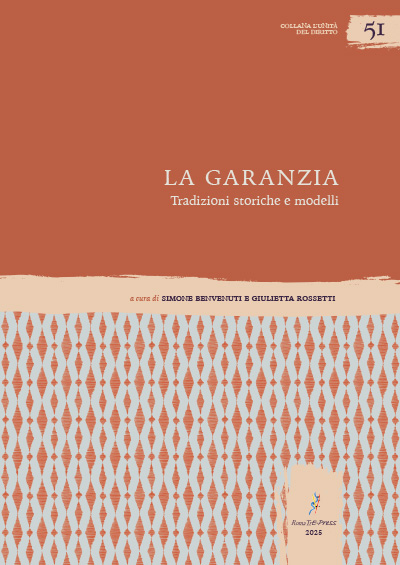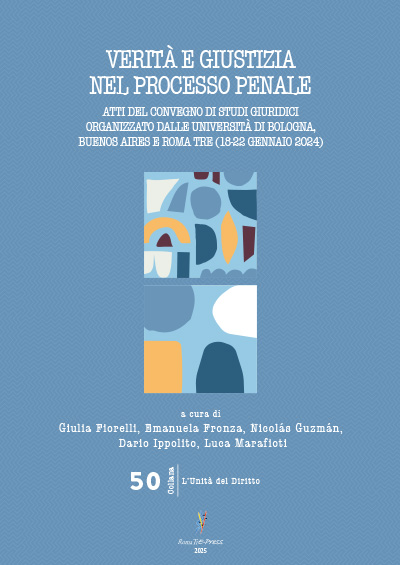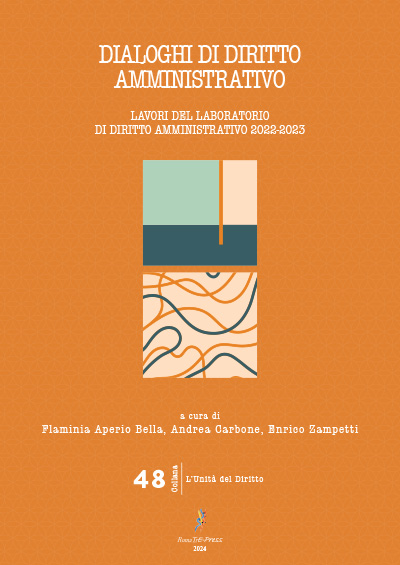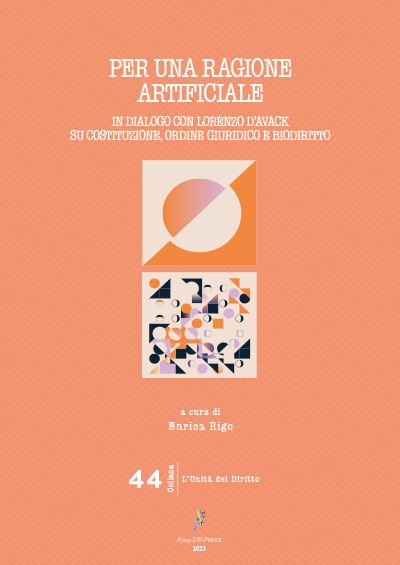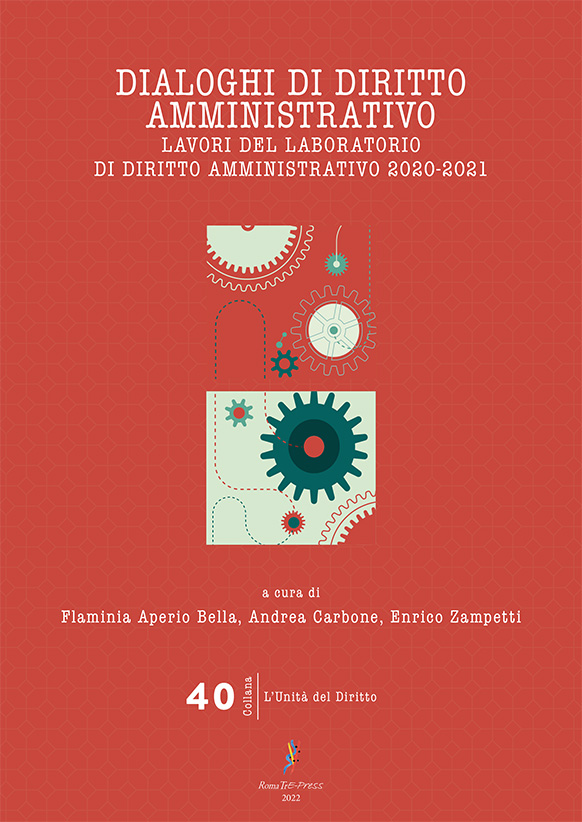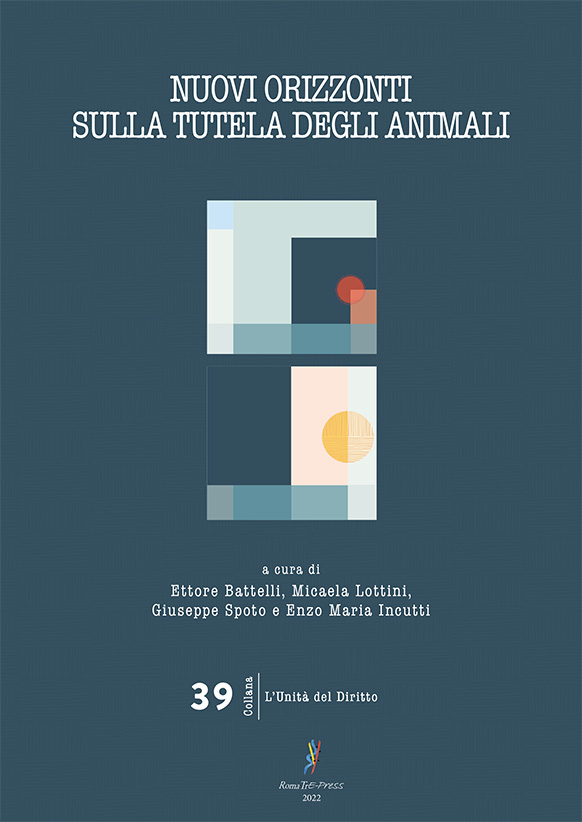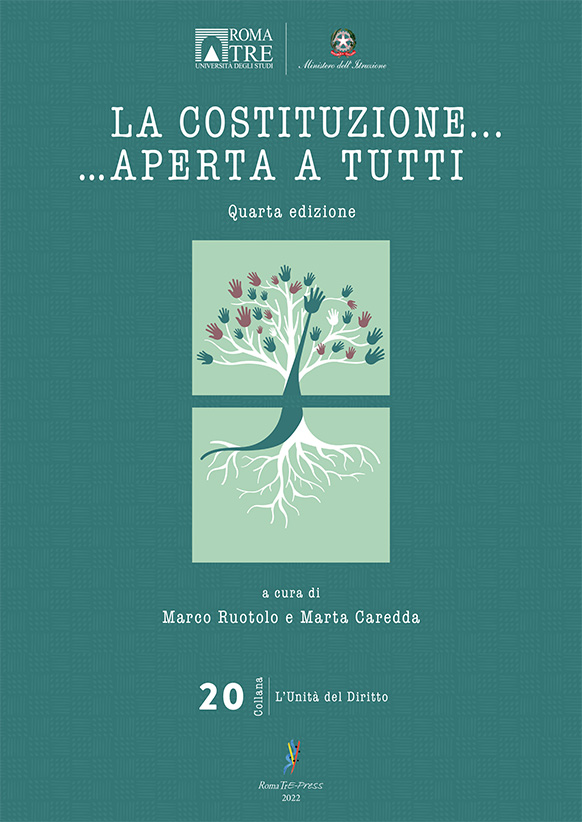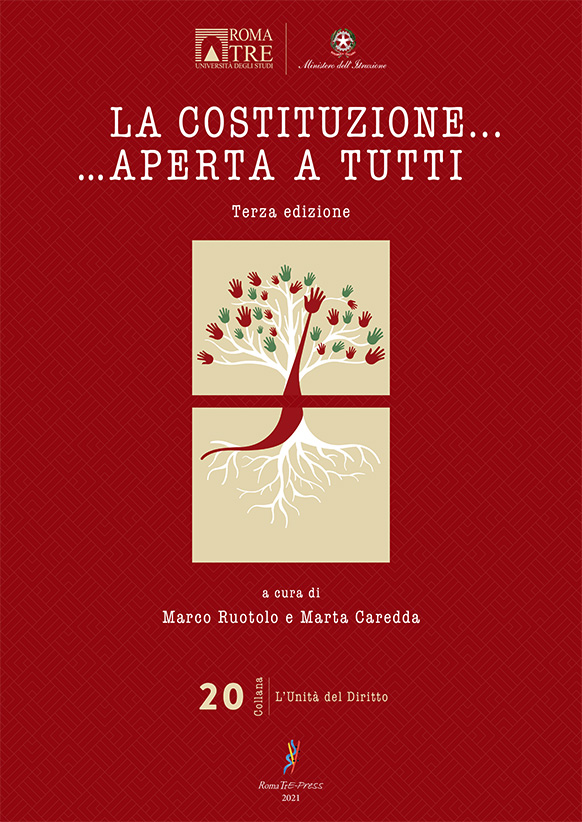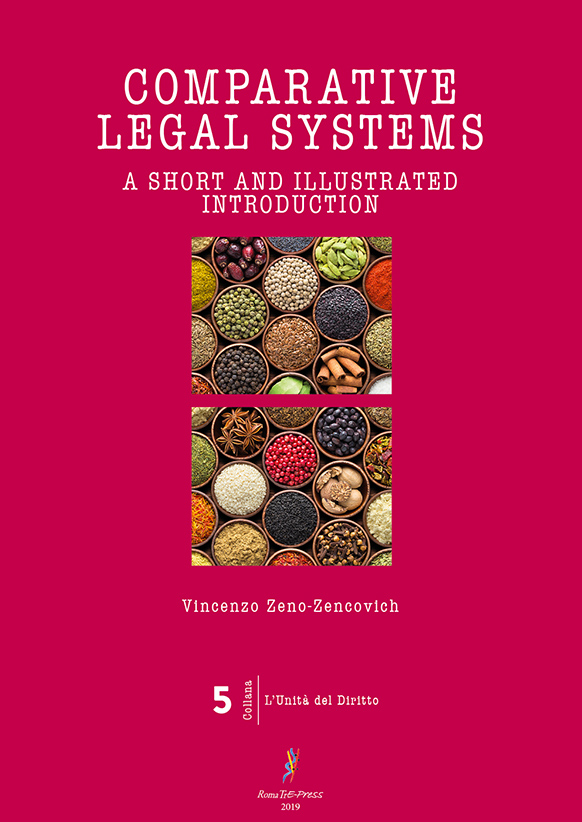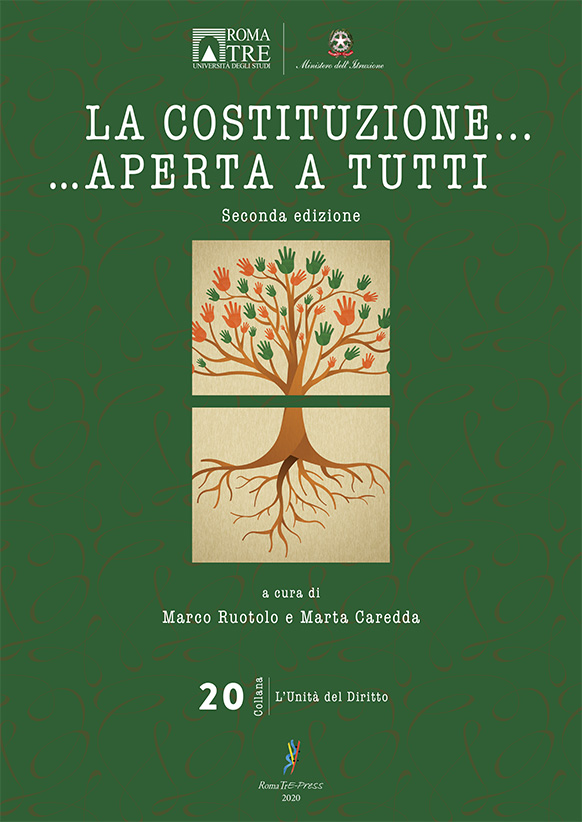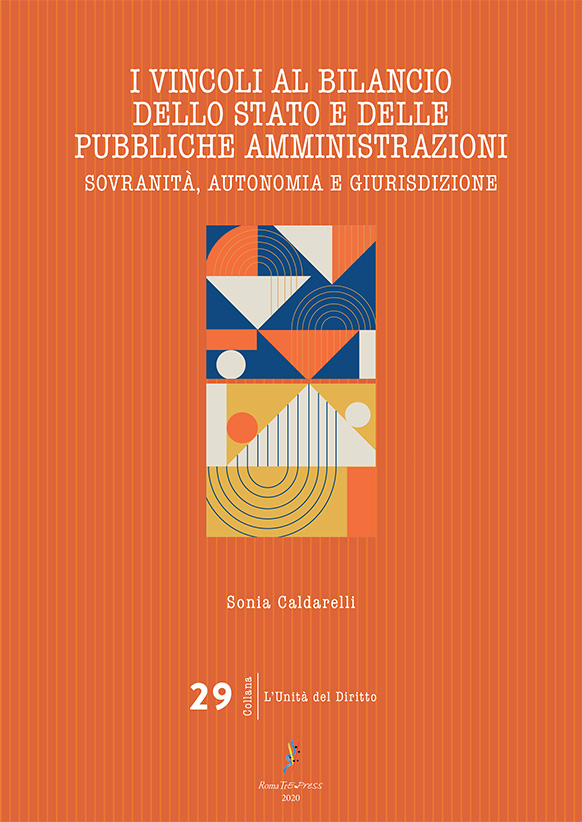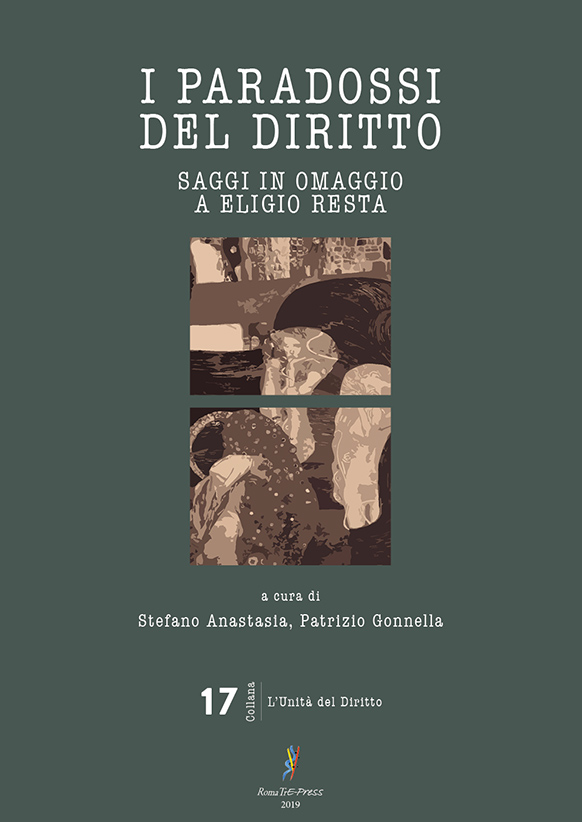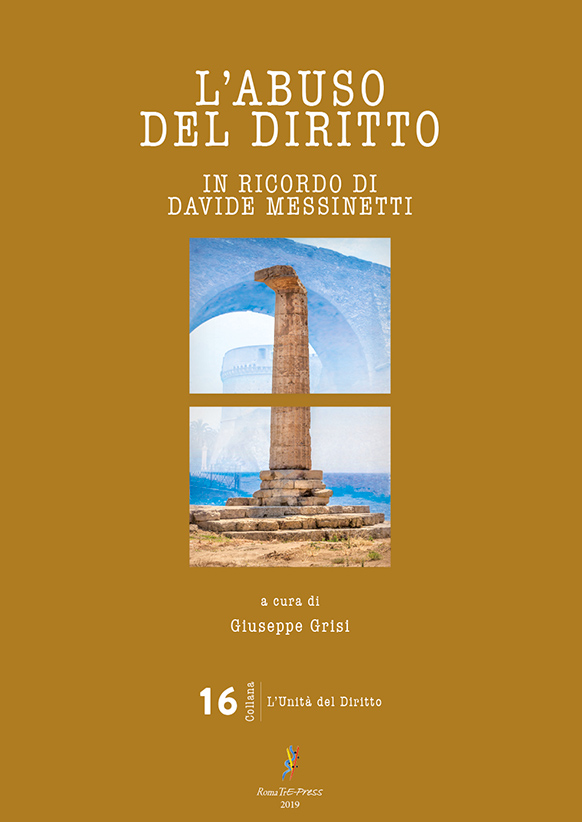Abstract
El impacto de las nuevas tecnologías en el Derecho es cada vez más evidente. El jurista está llamado a afrontar cuestiones nuevas y complejas, al tiempo que verifica la solidez de las categorías e instituciones sobre las que se asienta el edificio jurídico “tradicional”. Por lo que se refiere en particular al Derecho penal, las perspectivas esbozadas tanto por la neurociencia como por la inteligencia artificial han provocado reacciones diferentes. Frente a quienes consideran que se trata de herramientas destinadas a producir sus efectos únicamente en el plano procesal, están quienes prevén o incluso esperan una reescritura de los principios e instituciones fundamentales, empezando por el concepto mismo de responsabilidad. El libro, recorriendo los aspectos más problemáticos por el lado de la neurociencia y la inteligencia artificial, pone de relieve, por un lado, las innegables innovaciones que caracterizan la reflexión penal más reciente y, por otro, se detiene en el resurgimiento, aunque bajo formas peculiares, de lo que, desde hace siglos, representa auténticos nudos irresueltos del sistema penal.

